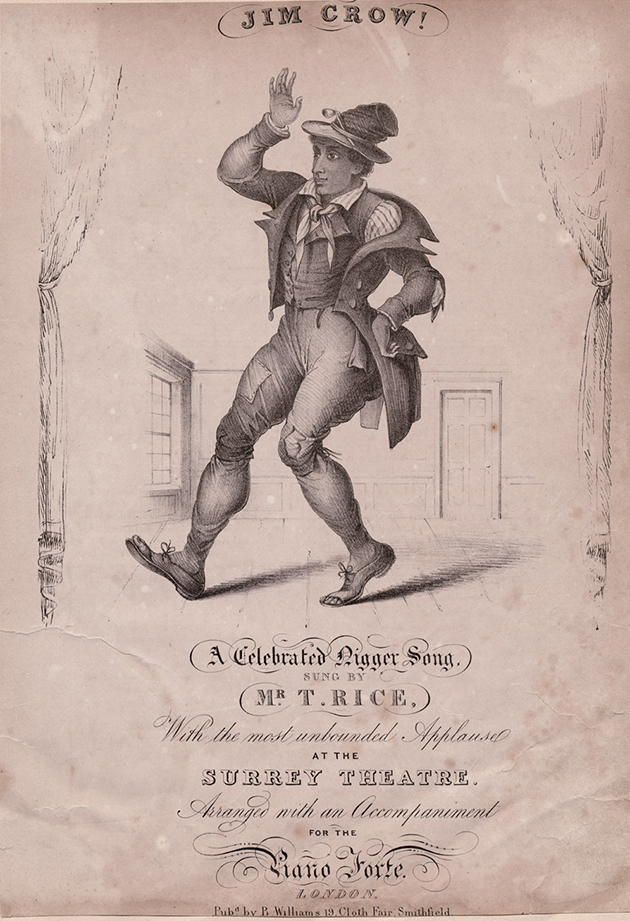I hadn’t actually called Hunter to talk about the national anthem, but rather to discuss something I’d observed as a fellow old-time musician: Our musical heritage is a racial minefield. Prejudice pops up regularly to complicate tunes we’d rather simply enjoy—in the same way it feels weird these days to listen to a Bill Cosby record or rent a Mel Gibson movie.
Take “Big Bend Gal,” a catchy fiddle-and-vocal number I learned from my Vermont cousins a few summers back: “There’s no use talking about the Big Bend Gal who lives at the county line/For Betsy Jane from the prairie plain just leaves them way behind.” The song is about a fieldhand everyone is smitten with: “She’s the queen of the whole plantation!”
Back home in California, I looked up the song’s history. It turns out “Big Bend Gal” was first recorded in 1927 by the Shelor Family of Virginia. The Shelors, who were white, sang it in a raw hillbilly style with lyrics that put a damper on the festivities. Whereas my cousins sang, “A fellow’ll turn around and come pretty quick when he hears that pretty gal laugh,” the Shelors crooned, “The n—–s turn around…” And my cousins’ line about “the fellers in the cotton patch” was originally…well, you get the picture.
As a white musician who cares about racial justice, what do I do with that knowledge? Do I sing the sanitized version, or skip the words, or leave the whole thing in a box? Should I feel conflicted, even, about playing a haunting instrumental like “Mace Bell’s Civil War March” knowing it came from a Texas fiddler who served in the Confederate Army? (And does it matter whether the marchers were advancing or retreating?)
At a fiddle workshop another time, I learned an instrumental version of a tune called “Jump Jim Crow.” Googling it turned up lots of unverifiable stuff about the song’s provenance, so I tracked down historian WT “Rip” Lhamon Jr., an authority on early American pop culture. The Jim Crow persona, Lhamon told me, was a recurring presence in old slave songs, including “Jump Jim Crow”—whose refrain goes: “Weel about and turn about and do jis so/Eb’ry time I weel about I jump Jim Crow.”
In the early 1830s, a white actor named Thomas Dartmouth Rice adopted the song and its eponymous trickster character for a comedy act that would catapult him to international fame. Donning rags and blackface, Rice performed send-ups of black speech and culture, song and dance. He wrote endless new verses for his signature ditty—corny slapstick humor with the occasional social commentary:
And if de blacks should get free,
I guess dey’ll fee some bigger,
An I shall concider it,
A bold stroke for de niggar.

Rice’s success paved the way for a wave of more mean-spirited blackface performers, and before too long the Jim Crow name was synonymous with America’s apartheid. In the post-bellum period, black entertainers also did blackface routines for a time, before moving on to blues- or jazz-based vaudeville acts. “The first one or two generations of black performers took those stereotypes to a far deeper degree of racist imagery than even the white performers did,” says Dom Flemons, a founding member of the Carolina Chocolate Drops who in 2014 moved on to a solo career. (His latest passion is black cowboy songs.)